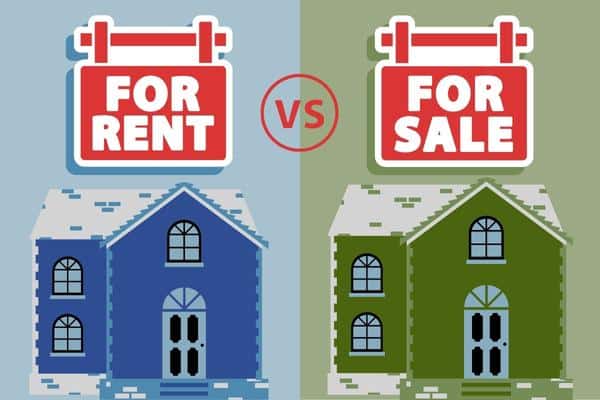Selling your home is a significant decision, entailing many financial considerations. Ideally your home has appreciated in value since you first bought it. This is every homeowner’s dream. If it has, don’t forget that you might owe capital gain taxes, depending on the magnitude of appreciation the property has achieved. Here are the key elements to know about capital gains when selling your home.
What Are Capital Gain Taxes?
Capital gain taxes are the taxes paid on the appreciation of an investment asset. Your home is such an asset. If you sell a property for more than the amount you have invested in it, you have achieved a capital gain.
For example, you bought your home for $600,000. This amount counts toward your cost basis or investment into the property. Three years later you sold the property for $900,000 (net of closing costs). The gain on the sale of your home is $300,000 (assuming no significant improvements, discussed below).
Taxes on Capital Gains
Fortunately, a capital gain exemption is available to homeowners. If you have lived in your home at least two out of the past five years, a $250,000 gain exclusion is extended to each owner. Hence, if two spouses jointly own a home, they are eligible for a $500,000 capital gain exclusion if they meet the residency and ownership time requirements.
In the example above, a single owner would receive a $250,000 capital gain exclusion, potentially owning capital gain taxes on the remaining $50,000 of gain if s/he owned and lived in the house for at least two out of the past five years.
Additions to Your Cost Basis
In addition to your original purchase price, a number of subsequent expenses add to the cost basis in your home. These help to reduce any potential capital gain tax exposure. Improvements in the property increase your basis, whereas repairs and maintenance do not. Improvements might be significant such as a new kitchen or addition, or they could be smaller such as new hardware on cabinets. It’s important to keep your home expense records over the years to substantiate your accumulating cost basis in the property.
Continuing the example above, assume the owner spent $30,000 on new windows. This improvement added to her/his cost basis, raising the basis to $630,000, and reducing the capital gain exposure to $20,000.
Impacts of Renting Your Home
If you have or are considering renting your home, you should be aware that a portion of your capital gain exclusion could be forfeited. The exclusion is reduced on a percentage basis of the number of years rented divided by the number of years owned. Additionally, you must still live in the home two out of the past five years. You will likely also face taxes relative to depreciation recapture.
While you might not be happy about paying taxes post the sale of your home, it is important to remember that any tax impacts are due to significant appreciation, which is a good thing.
SageVest assists clients with all elements of their finances, including real estate decisions. We also collaborate with allied professionals, such as your tax preparer to evaluate tax impacts. Please contact us if you would like to discuss the totality of your finances with a proactive advisor.




